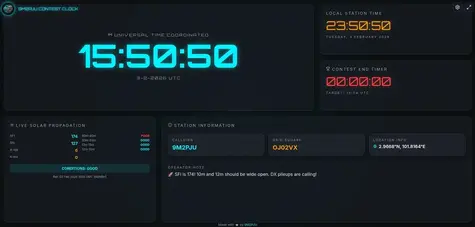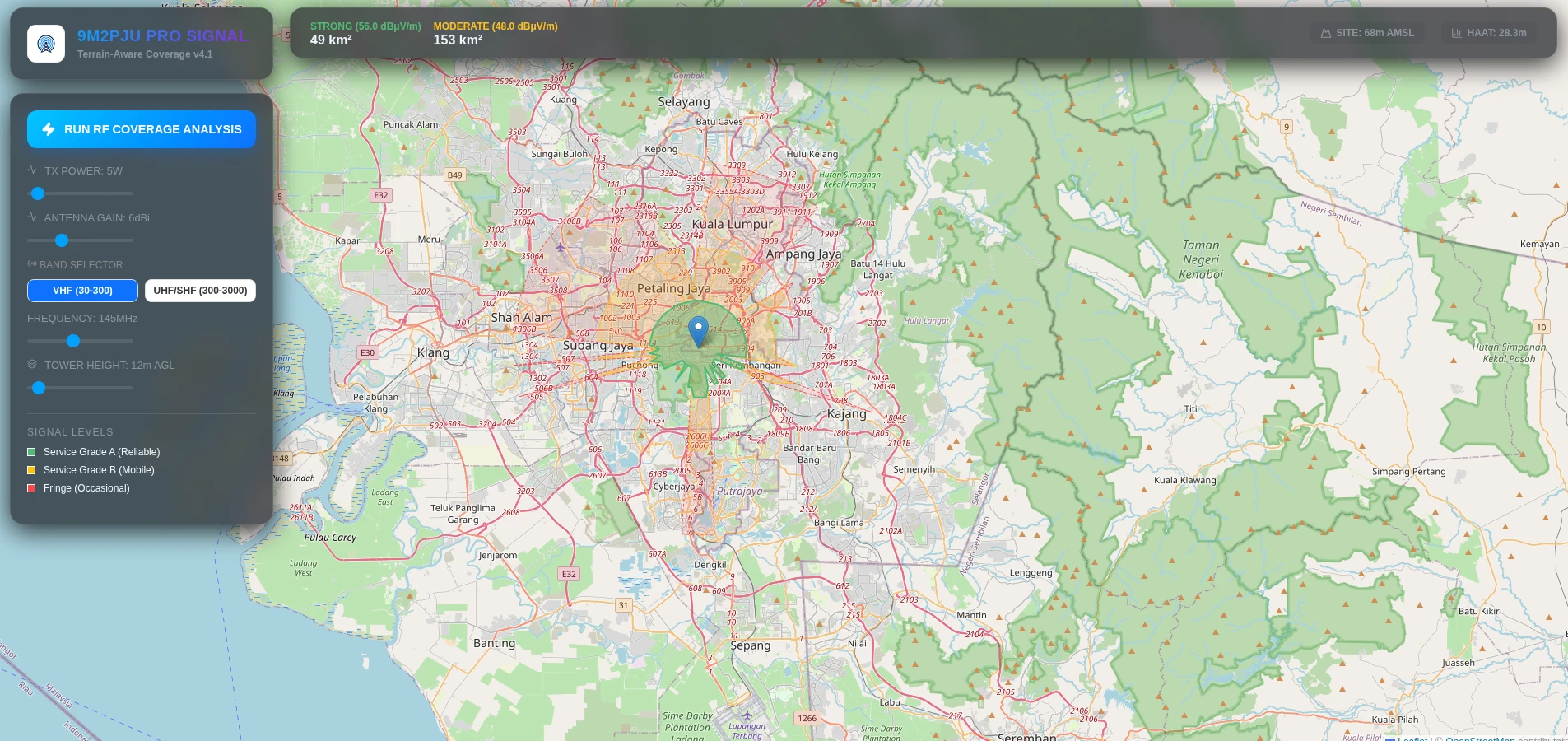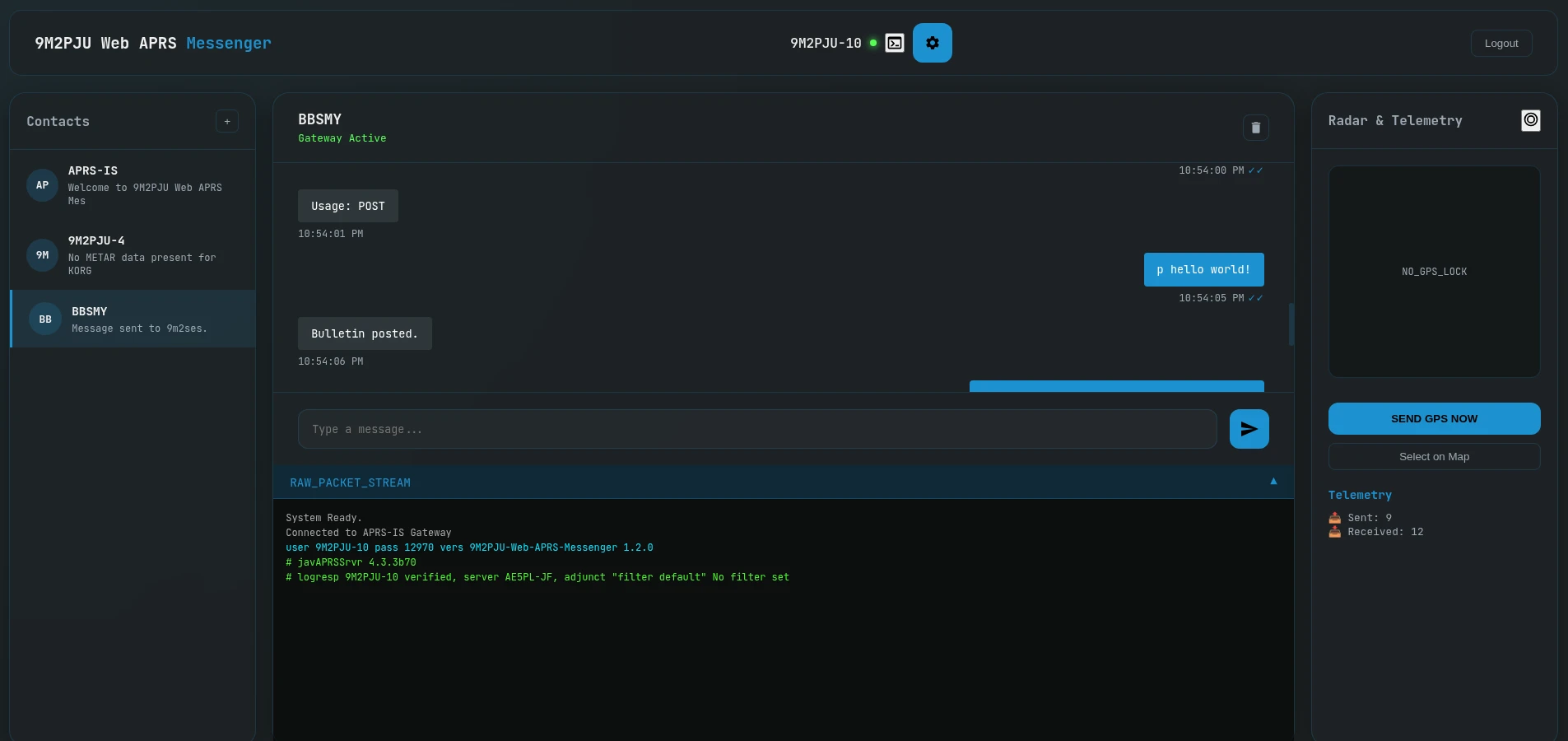Unlocking the Benefits of Learning Amateur Radio
Introduction:
In today’s fast-paced digital era, where communication is primarily dominated by smartphones and the internet, it’s easy to overlook the fascinating world of amateur radio. Amateur radio, also known as ham radio, involves using designated radio frequencies to communicate with other operators around the world. While it may seem like a hobby of the past, learning amateur radio can offer a plethora of benefits in our modern society. In this blog post, we will explore the numerous advantages that come with embracing amateur radio as a skill and a hobby.
1. Emergency Communication:
One of the most significant benefits of learning amateur radio is its role in emergency communication. During natural disasters or other emergencies, when conventional communication channels may fail, amateur radio operators are often the first to step in and provide vital communication links. These operators can relay information, coordinate emergency response efforts, and provide assistance where traditional communication methods are unavailable. By learning amateur radio, you can acquire the skills needed to help your community during times of crisis.
2. Technical Knowledge and Skills:
Amateur radio is a hobby that exposes enthusiasts to a variety of technical concepts and skills. As you delve into the world of amateur radio, you’ll learn about radio wave propagation, electronics, antennas, and signal modulation. By studying for the licensing exams, you’ll gain a solid understanding of radio principles and regulations. This technical knowledge can translate into real-world applications and might spark an interest in related fields such as electrical engineering, telecommunications, or computer networking.
3. Community and Social Connections:
Amateur radio is a vibrant and welcoming community that spans the globe. By becoming a licensed operator, you’ll gain access to a network of fellow enthusiasts who share a passion for radio communication. You can join local amateur radio clubs, participate in contests, and connect with operators worldwide through various on-air events and networks. Amateur radio offers a unique opportunity to interact with people from diverse backgrounds and cultures, fostering new friendships and connections.
4. Skill Development:
Learning amateur radio requires dedication and practice, which can lead to the development of valuable skills. Effective communication, problem-solving, and adaptability are essential traits for amateur radio operators. As you navigate different communication modes, experiment with antennas, and troubleshoot technical issues, you’ll enhance your problem-solving abilities and develop a resilient mindset. Additionally, honing your on-air communication skills will help you become a more articulate and effective communicator in all aspects of life.
5. Exploration and Adventure:
Amateur radio provides a gateway to explore the world without leaving your home. Through the use of long-range radio communication, you can connect with operators from distant countries, engage in cultural exchanges, and gain a deeper appreciation for global diversity. Furthermore, amateur radio supports various activities such as satellite communication, bouncing signals off the moon (known as moonbounce or EME), and participating in radio contests. These endeavors offer exciting challenges and the thrill of discovering new horizons.
Conclusion:
Learning amateur radio is a rewarding endeavor that offers numerous benefits in today’s digital age. From emergency communication to technical knowledge, community engagement, skill development, and the spirit of adventure, amateur radio has something to offer for everyone. By embracing this hobby, you’ll not only acquire a unique set of skills but also join a global community of passionate radio enthusiasts. So, why not grab a radio, study for your license, and unlock the captivating world of amateur radio? The possibilities are endless, and the journey is bound to be an enriching one.







Post Comment